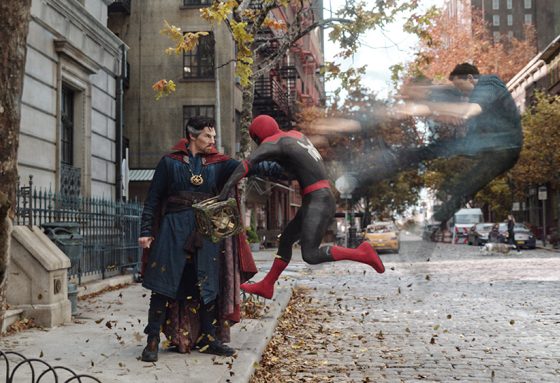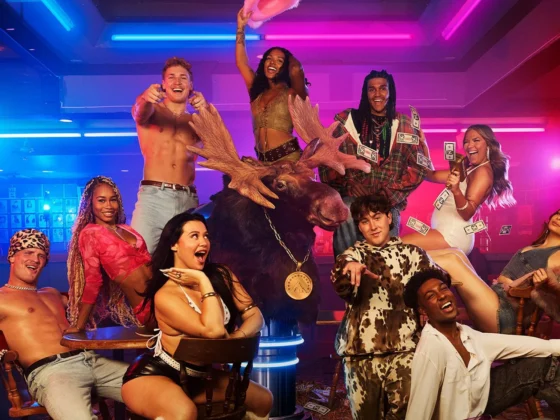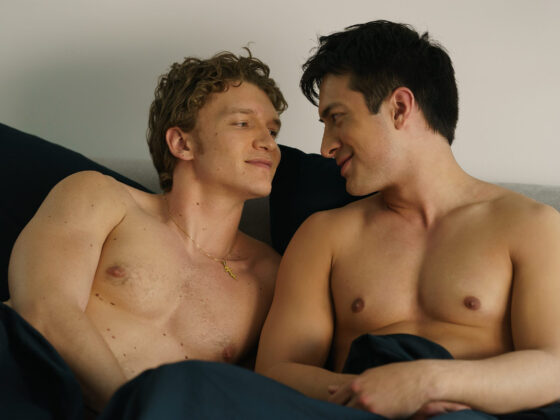Filmmaking is the subset of storytelling and a story is at the heart of any good film. African-Canadian Filmmaker and Director, Mike Regis, is about bringing the voices of marginalized individuals to life. Regis’s new inspiring short film titled ‘Promotion‘ creatively addresses social issues surrounding racism and micro aggression. The film will premiere on CBC’s Short Film Face Off on CBC and CBC Gem on August 28th, 7 pm-8 pm.
View the VIBE had the chance to chat with the up-and-coming filmmaker Regis, and discuss his voice behind filmmaking.
See also: How this Popular Toronto Boutique Used Social Media to Pivot During the Pandemic >>>
ADVERTISEMENT |
Promotion
This new film by Regis explores the ideologies of the workplace, as well as how Black people are faced with choices surrounding racism. It tells the story of a young Black man who experiences racism that is both covert and subtle within his workplace. Regis address his truth as well as tells the stories of others through this film.
‘Promotion‘ explores the varying ways that black people are discriminated against in their everyday lives. Regis’ film is amazing way to share this message with Canadians and continue to educate everyone about these situations.

Who is Mike Regis behind the camera?
I am an African-Canadian filmmaker, I am very passionate about telling underrepresented stories and bringing humanity to the forefront. Especially regarding the Black people within the community and their everyday experiences. My inspiration comes from the stories of everyday life, the truth of an individual that faces barriers, overcomes obstacles and faces everyday within life.
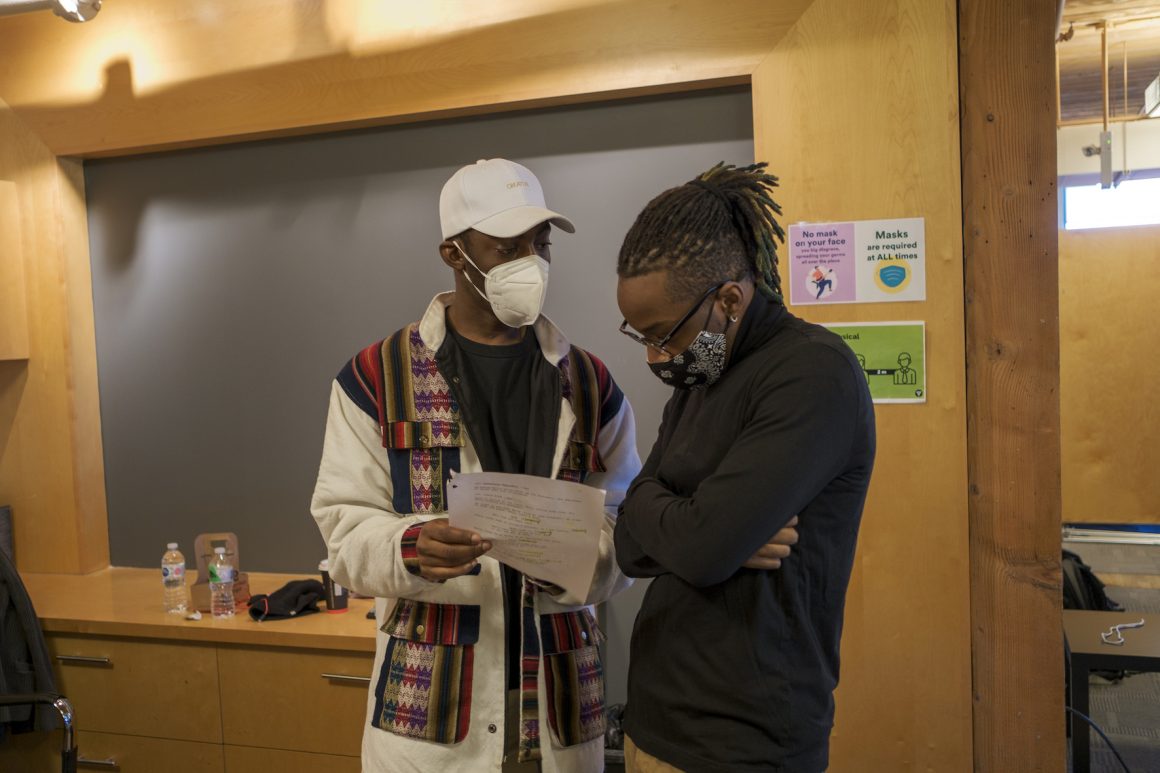
What was your inspiration behind Promotion?
It was important to myself to make a film that studies how racism takes different forms in different environments. It is simply my truth and to share this on screen was my goal. I’ve seen the first effects of racism, and I really want to present it in a very nuanced way, representing underrepresented people using my voice.
ADVERTISEMENT |
What is your creative process when tackling these extremely important social issues?
My creative process was really just digging deep into my own personal experiences. First I would do a lot of writing and plenty of note taking and then eventually a great idea would seep into mind subconsciously.
An important aspect of telling this story was portraying both sides of assimilation. For me, I first hand seen both sides of assimilation, racism and micro aggressions. In Promotion, I was very interested to see how both sides can be represented artistically and how it’s influence can play out on screen. Another important aspect of this story, racism. I want people to see how racism has evolved in everyday life and the everyday experiences that specifically Black people have been through in the workplace.
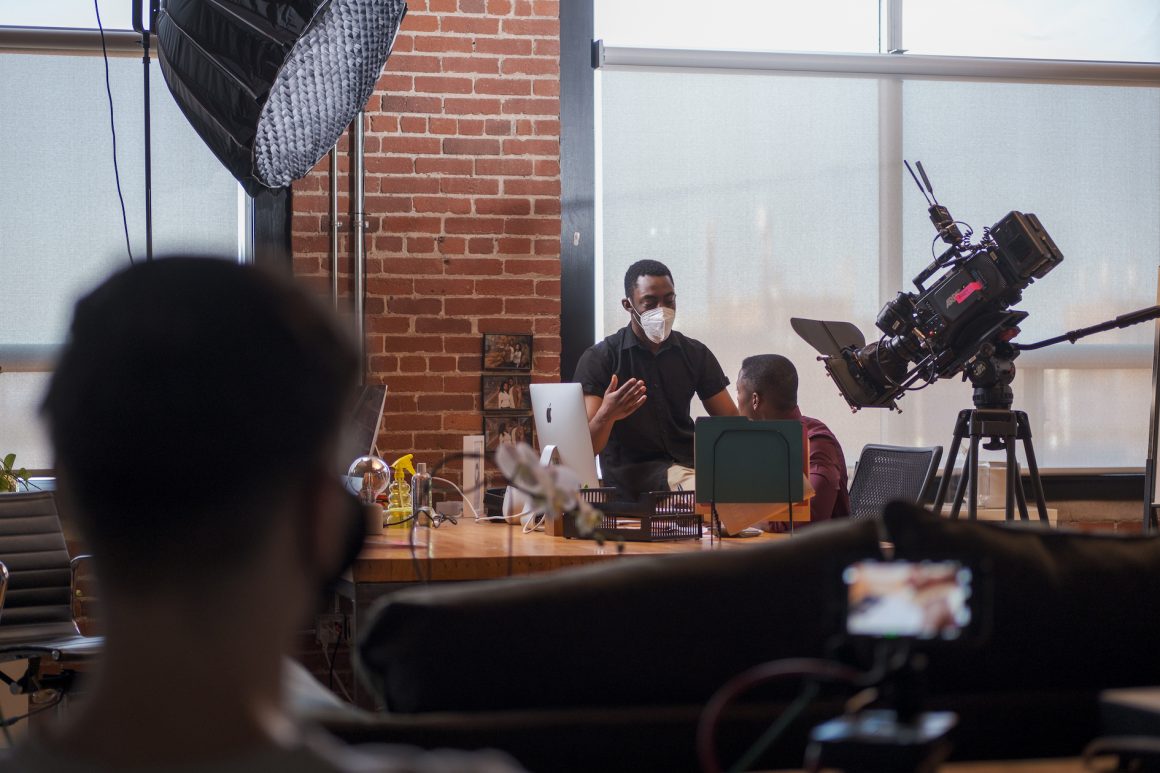
What was the hardest artistic choice you made in the making of Promotion and why?
I’m not too sure I had a hard artistic choice, I just believe in being honest within my artistry. Earlier in my career, I was so afraid of what people were going to say or how they would react and things of that nature. Promotion was the first film I made from my own honesty exactly how I think about it and how I see this particular topic. Which ultimately ended up being the biggest thing of my career. I am very proud of my short film.
How did you prepare the cast and crew for the project? Education is key for understanding social injustices across the board, was that an important piece of pre-production for Promotion?
Before the project took off, the cast and crew sat down and just talked. We talked about the script in regards to the topic of racism within the workplace environment. We also talked about the characters and eventually everyone came to a point where they were comfortable with it. Open dialogue was what made everyone really understand this project, discussing those hard topics.
ADVERTISEMENT |
Again, everything came down to saying my truth and explaining my truth of everyday life. Those who really understood the story and the fabric of the narrative really latched on the realities that some people like myself face.
As a young filmmaker/director, what are you most proud of from this project? Is there anything you learned throughout this process either personally, professionally, and creatively?
Promotion is important. I want people to understand the film and the message behind it. Black people experience racism and assimilation still today and it is a very real reality. For me, this opportunity is confirmation that the Canadian Film Industry is starting to find value in underrepresented voices and I’m so excited not only for my voice to be heard but also for so many other underrepresented voices to get a chance to be on screen.
I grew up in Hamilton, but have been living in Toronto for the past 7 years. It has been a really cool experience especially now because we are seeing way more diversity at the forefront in certain industries. I really believe that meeting people from various cultures and backgrounds really opened my mind up and provided a lot of empathy to my storytelling.
ADVERTISEMENT |

A New Voice In Filmmaking
Regis art is defined by the truth. The true reality for many Black individuals, is creatively brought to life through his filmmaking. In this film, Regis sheds light on the the morally complex situations that Black people face daily. Hoping to tell more stories that people can relate to Regis explains the importance of trusting your ideas and finding you true voice within them.
“Trust yourself and trust your voice! You never know where it can lead you personally, professionally, and creatively. This is the best time to create, you can make a compelling story with your iPhone. Your voice is the strongest tool you have to create, you just need to use it,” Regis explains.
You can watch the film on CBC or CBC Gem on August 28th, 7 pm-8 pm. Tune in to Episode 3, voting will take place on August 28th at 8 pm after the film premiers.
ADVERTISEMENT |
Feature Image: Anthony Esguerra,


